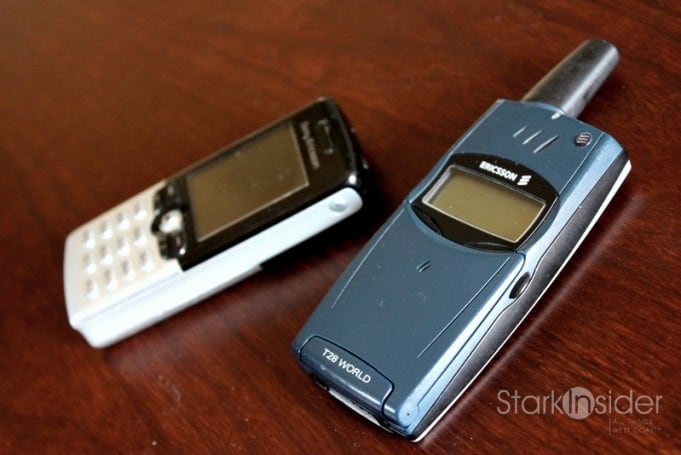It’s hard to imagine a consumer electronics product category that does not include strong entries from Sony. A worldwide brand, and likely one that first comes to mind when we think of televisions, Sony is virtually synonymous with electronics.
But when it comes to mobile devices–tablets, netbooks, laptops, mp3 players–the Japanese juggernaut is almost nowhere to be found.
Most shocking of all is their absence in the huge smartphone market. Currently in the U.S., that race belongs to manufacturers such as Samsung, Motorola, HTC and Apple.
Sony? Again: televisions. And, fortunately, PS3. Though, it’s worth pointing out, that they are still the world’s 6th largest handset manufacturer.
I read this morning that, in addition to investing even more in Android, Sony plans to drop the Ericsson brand from its products mid-2012 and jettison its 10-year old Sony-Ericsson joint venture. My first reaction: That still exists!?
You’d be troubled to find a partnership yielding less returns. Once upon a time Ericcson was a cutting-edge leader in feature phones (remember the slim, beauty that was the T28?). Those days are long gone, and although feature phones are still winning business in certain markets, they are a shrinking lot.
HTC, although coming off a tough November, has gone from obscure Taiwanese company to major smartphone player in just a few years.
Samsung doubled down on Android, and the move is paying dividends; ditto for Motorola Mobility (now, of course, owned by Google).
If you asked me to name any Sony-Ericsson branded phone at all–anything–the best I could do would be: the candybar T616… from 10 years ago.
That Sony (and Microsoft) isn’t a player in the mobile space, at least here in North America, is an astonishing reality I thought I’d never live to see.
Apps have a lot to do with that. As do control of the mobile OS. Both Apple and Google have strong leads in those areas.
Or maybe it has to do with Sony management’s preoccupation with building robotic dogs and shipping weird, colorful gizmos with a lack of mission or intended market.
When I think of Sony I think of engineering excellence. The company knows hardware. Some of Sony’s designs have transformed (PS3) or even created (Walkman) entire industries. Which is largely why I can’t understand how the company didn’t embrace Android earlier–it’s the marriage of their core strength in hardware, with Google’s Android, a massively successful open source mobile platform.
Ericsson-less Sony Android phones in 2012, maybe the world isn’t coming to an end after all.


